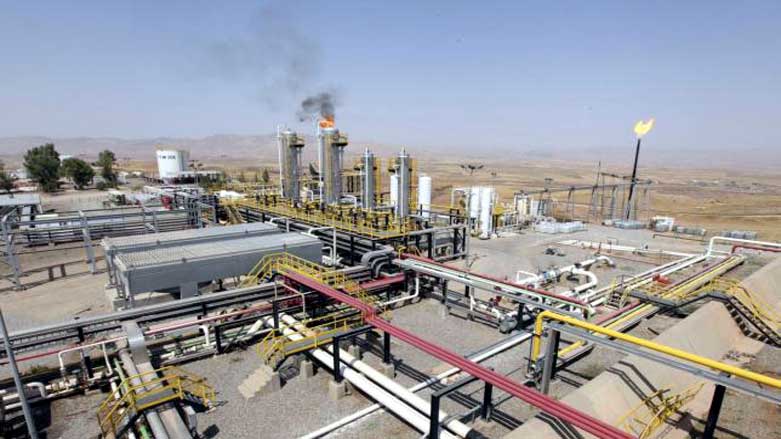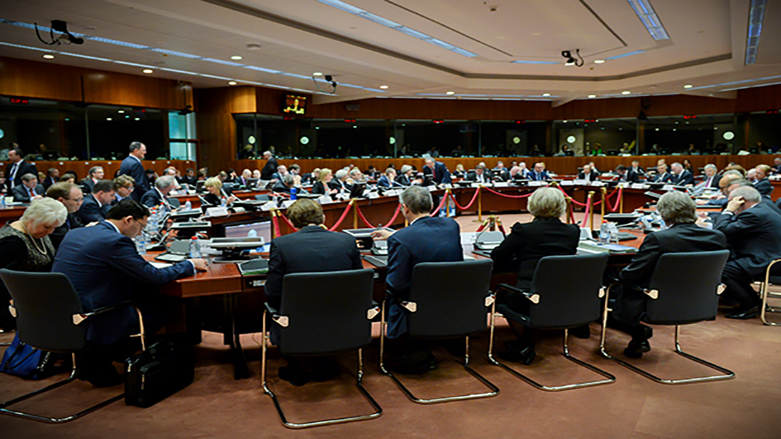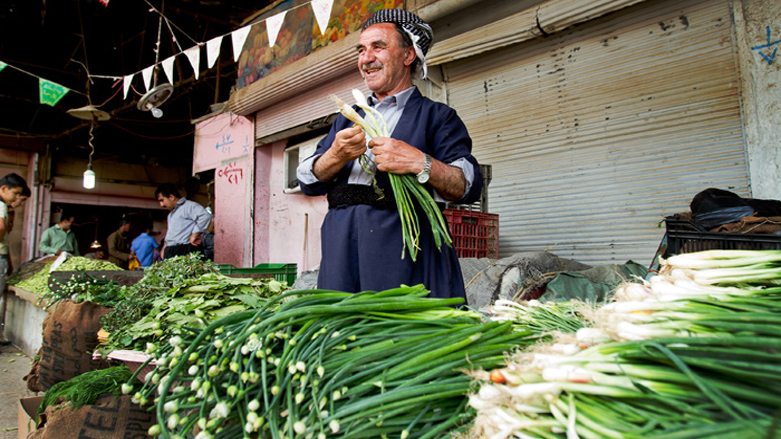KRG and World Bank launch roadmap to reform
.jpg)
LOS ANGELES, United States (Kurdistan24) - In the midst of a two-year economic crisis which resulted in deteriorating nominal of financial assets, the Ministry of Planning and World Bank jointly launched their three-year roadmap to reform in the Kurdistan Regional Government (KRG) in Erbil, on Monday, May 30.
Numerous high-profile officials, both from the local Kurdish government, and the World Bank’s team attended the event including President Masoud Barzani, Prime Minister Nechirvan Barzani, Deputy Prime Minister Qubad Talabani, Kurdish minister of planning Ali Al-Sindi and Iraqi minister of finance Hoshyar Zebari.
Their discussion highlighted major issues that led to the current financial crisis Kurdistan is enduring. Some of the short-term problems and several solutions were suggested.
Sibel Kulaksiz, a senior country economist with the World Bank (WB), attributed problems, such as increasing rates of poverty to the instability and decades-long problems of the region.
She emphasized challenging structural issues that have long existed in the government’s institutions.
She also agreed with comments from both Masoud and Nechirvan Barzani that the costly fight against the Islamic State (IS) and the unexpected deep downturn of oil prices have exacerbated an already foundering economy.
But, she said, one of the main burdens on Kurdistan’s economy is the influx of IDPs and refugees from other parts of Iraq and from Syria.
It has been recorded that the KRG allocated $1.4 billion in 2015 for them.
Nechirvan Barzani agreed, stating that a 28% increase in the population of the Kurdistan Region caused many problems.
Moreover, Barzani described the solutions proposed: “Taking loans from institutions are only temporary measures. We are working on short and long-term structural reforms to the government’s financial structure.”
Fundamentally, to enhance the government’s economy, KRG will work on fostering more sectors, like agriculture, tourism, and transportation, rather than solely relying on oil for income as it is the case now.
It will provide the private sector with more investment opportunities while minimizing the public sector’s role through gradual steps.
Noteworthy, reforms will extend to administrations and banking, which will include increasing the private sector’s reliance on the banking system and “bring[ing] our banks to international standards,” Barzani remarked.
Most importantly, the government will endeavor to tackle corruption to a possible extent.
World Bank’s area director summarized WB’s approach towards Kurdistan during his speech at the conference.
“We are ready to help if you help yourself. Help us to help you,” he addressed the Kurdish Government.
Reporting by Yara Kamaran
Editing by Ava Homa



